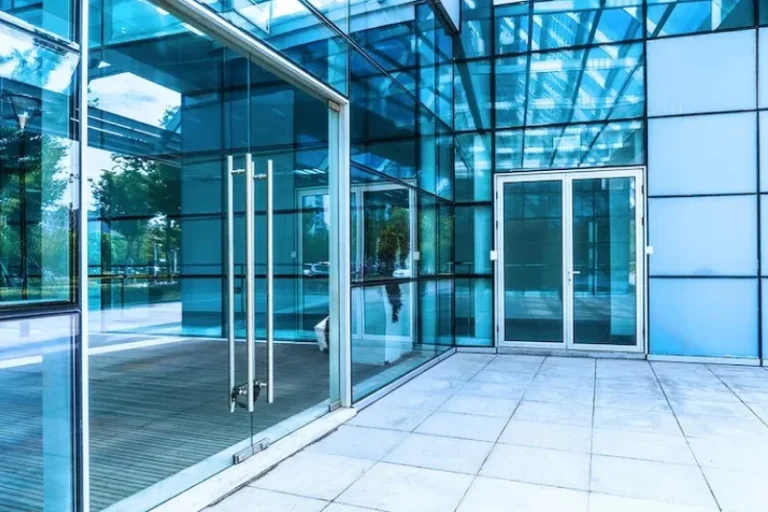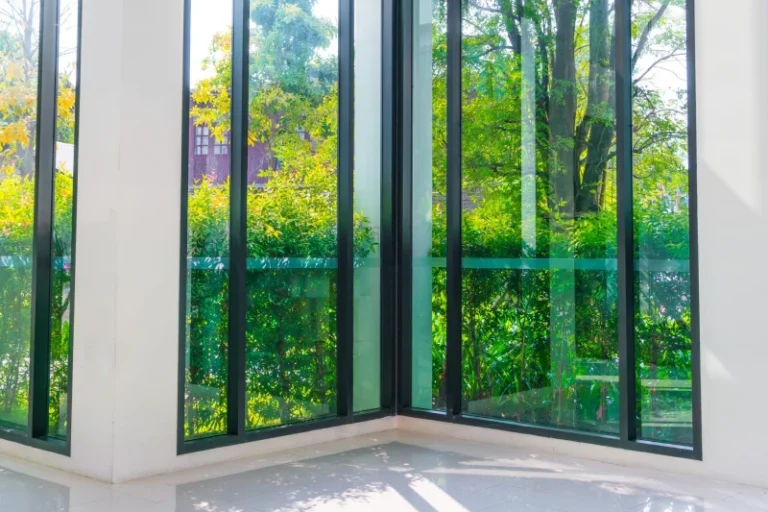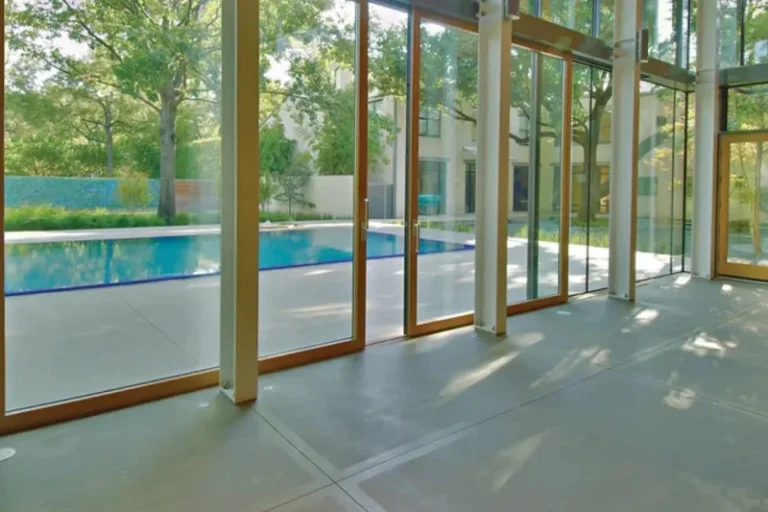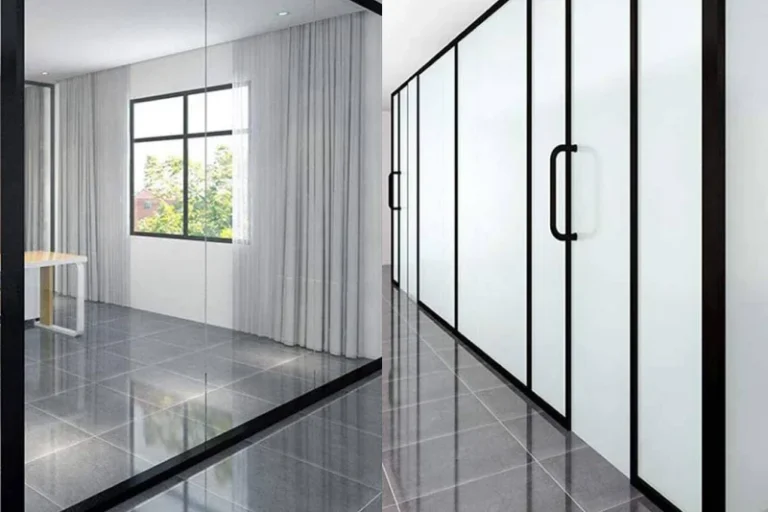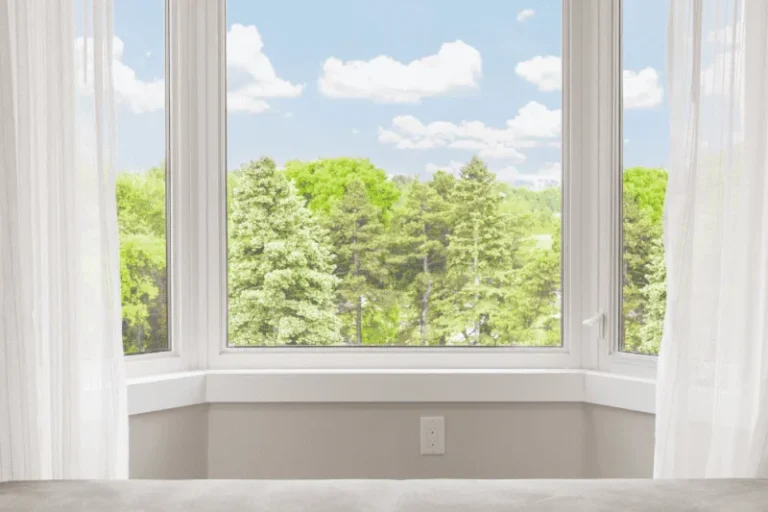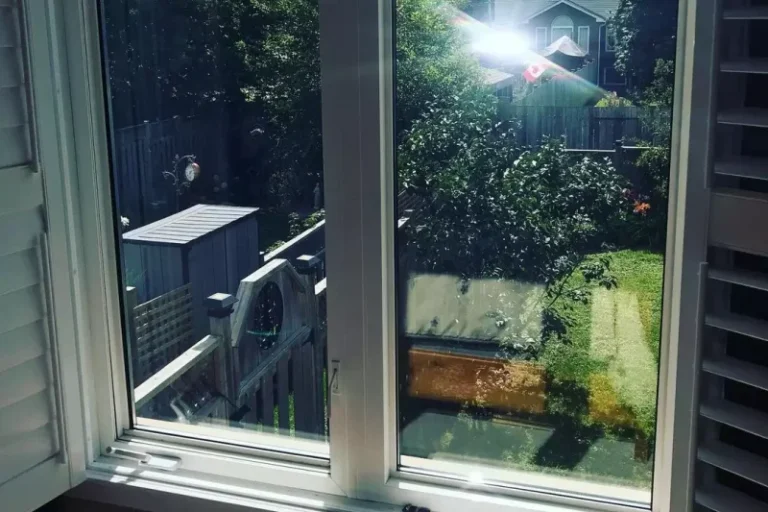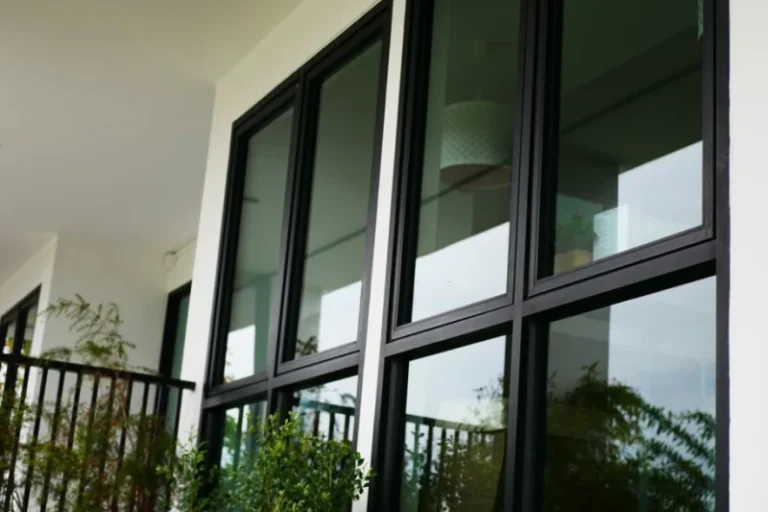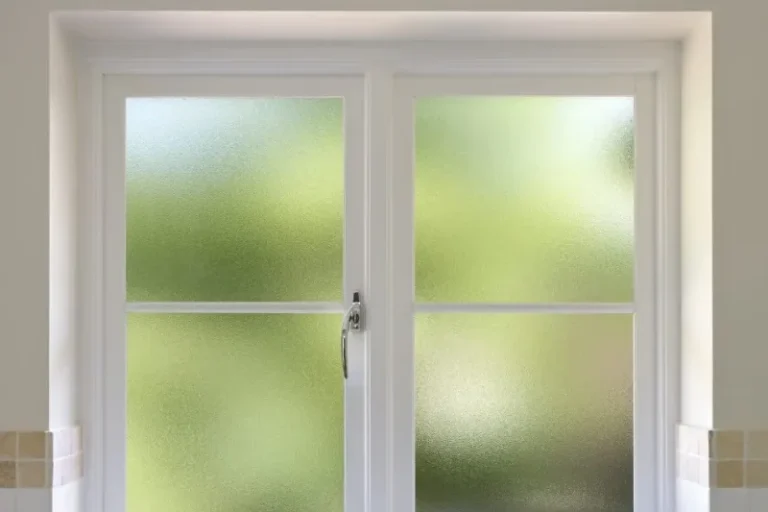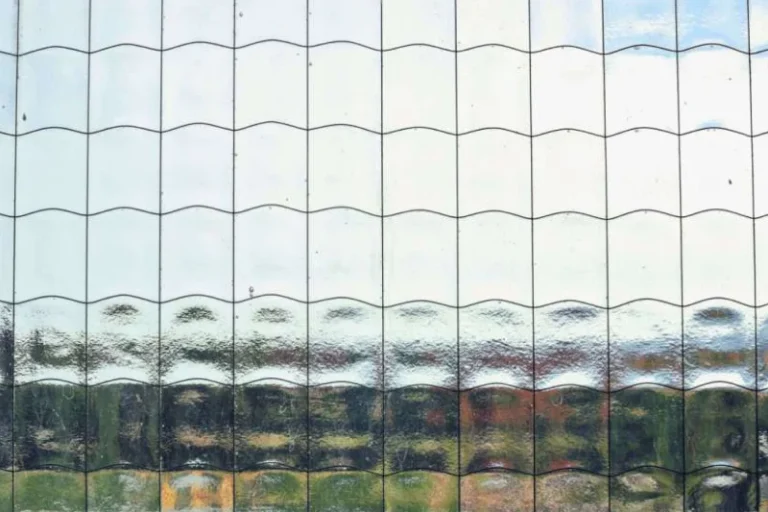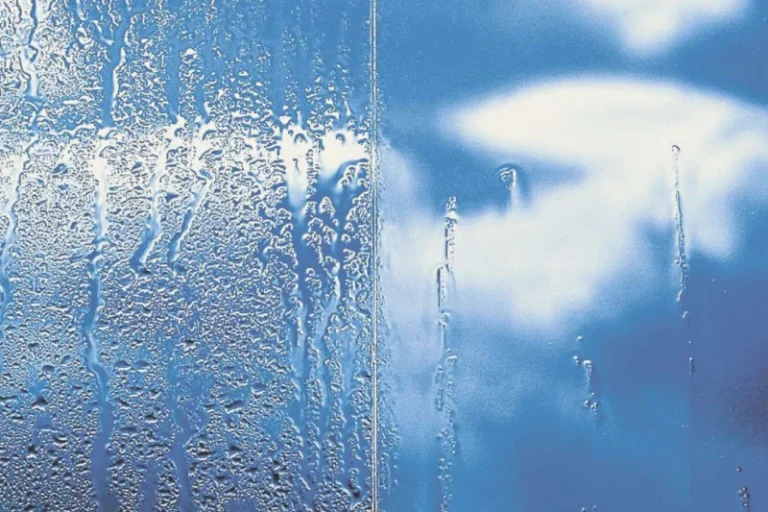Different Window Glass Types: A Complete Guide
It isn’t always easy to choose the correct glass for your windows. There are a lot of things to think about, such privacy considerations, energy efficiency, and design preferences. Today we’ll go over different window glass types that are available today to help you figure out which one is ideal for your project.
Why Window Glass Choice Really Matters
Windows are more than simply glass. Your space’s ambiance, your heating and cooling costs, and even your safety are all impacted by the style you select. Certain types of glass provide seclusion without the need for curtains, while others reduce outside noise and prevent UV rays. That’s why picking the best glass for windows is more than a style decision — it’s about comfort, safety, and efficiency. Making the correct decision will help keep your house warmer in the winter, quieter in the summer, and cooler in the summer. Over time, it may even increase the value of your house.
Main Window Glass Types You’ll Come Across
There are many different window glass types, each with its own strengths. Some are designed to save energy, while others are made for increased security or a quiet environment. Knowing what each kind excels at will help you choose one. Let’s examine the most well-liked choices and compare them.
Float Glass (Basic Clear Glass)
It is the starting point for most window types. It’s sleek, transparent, and reasonably priced, but it doesn’t provide much in the way of safety, insulation, or noise reduction. It is typically used in inner windows or older structures when simple visibility is sufficient. Float glass is easy to cut and shape, but it shatters into jagged pieces, making it unsuitable for locations where safety is an issue. Float glass is often only used as a foundation for further layered or treated choices that enhance durability and performance.
Tempered Glass (Safety Option)
It is made by heating and rapidly cooling float glass, which makes it four to five times stronger. Because it breaks into little, blunt pieces rather than sharp ones, it’s a popular safety option for low-level glass, bathroom windows, and doors. Additionally, it can withstand strong winds and temperature changes. Once tempered, though, it cannot be cut or molded. Even though it doesn’t provide much insulation or soundproofing by itself, tempered glass windows are a great option in locations where strength and security are crucial.
Laminated Glass (Best Window Glass to Reduce Noise)
A layer of plastic is positioned between two sheets of glass to create laminated glass. This combination blocks sound waves, making it the best window glass to reduce noise in busy or urban areas. Additionally, it remains intact when shattered, enhancing security and halting the spread of fragments. It helps filter sunlight and offers UV protection, protecting floors and furnishings.
Insulated Glass (Double & Triple Pane)
In order to create an insulated glass unit (IGU), two or three panes of glass are sealed together with gas or air. By significantly increasing energy efficiency, this design helps keep heat outside in summer and during winter. That’s why IGUs are often considered the best glass for home windows in terms of comfort and cost savings.
Low-E Glass (Energy Efficiency Leader)
Low emissivity glass has a unique coating that lets light in but reflects heat and UV rays. This makes it very good at keeping the temperature inside comfortable and preserving the inside from fading. It’s a great solution for houses that want to save energy. You may combine low-E coatings with other types of glass, including double-pane or laminated glass, to make them work even better. If you want to lower your utility expenses, this is the simple choice.
Tinted Glass (Privacy & Heat Control)
Adding color to glass during the production process helps cut down on glare and solar heat. It also gives you a little bit of seclusion throughout the day without completely obscuring your view. Tinted glass isn’t as good at keeping heat in as Low-E glass, but it may be a fashionable way to keep your privacy or combine with other energy-saving varieties. It comes in a wide range of colors.
Obscure Glass (Frosted & Decorative)
It has a rough or frosted surface that makes it hard to see through while yet letting light in. People often use it in toilets, hallways, and workplaces where they require seclusion but not utter darkness. There are simple designs and more complicated ornamental finishes, so it’s both useful and pretty. Obscure glass is praised for both style and utility, even if it doesn’t do much to keep heat in.
Wired Glass (Fire Protection)
Its feature is a metal mesh inside the glass pane. It isn’t stronger than other varieties, but it stays together under intense heat and doesn’t break, which makes it suitable for windows and doors that are approved for fire. It’s typically used in schools, workplaces, and stairwells.
Self-Cleaning Glass
There is a thin layer on self-cleaning glass that reacts with sunshine to break down grime. When it rains, the water flows smoothly over the surface, cleaning away dirt that has become loose instead of forming patches. This makes it perfect for windows and skylights that are hard to get to. It doesn’t completely replace regular cleaning, but it does make it less necessary to do it often.
Best Window Glass to Reduce Noise: What Works in Real Homes
The quiet indoors can be instantly disrupted by loud neighbors, street traffic, or barking dogs. Fortunately, there are window glass solutions that may significantly reduce unwanted noise. Because of its inner layer that absorbs sound waves, laminated glass is one of the best options. Insulated glass with two or three panes also helps, especially when gases like argon are added between the windows to slow down sound transfer.
If you’re thinking about window adjustments, you should think about both your daily comfort and the value of your home. Rooms that are quiet are more relaxing, and they may even help you sleep better, improving your overall wellbeing. If you’re wondering which glass is best for home windows, the answer often depends on your needs: laminated glass excels at blocking noise, while insulated glass is great for balancing both sound reduction and energy savings. Actually, the best outcomes are achieved by using good glass with the right window frames and making sure that the setup is properly sealed.
Window Glass Types by Function
The best glass for windows depends on more than just how it looks. It also depends on what you need it to perform. Some choices keep your house secure, some lower your energy costs, and a few make your home seem better or provide you more privacy. Let’s look at how glass works and where each variety is most effective.
Glass for Safety and Security
Laminated and tempered glass are the best options when safety is your top concern. Tempered glass shatters into blunt fragments and is impact-resistant. The inner layer of laminated glass keeps it in place even if it breaks. Both lessen the likelihood of injury and make break-ins more difficult. They are frequently found in areas where accidents are more likely to occur, such as ground-level windows and entrance doors.
Glass for Energy Efficiency
Insulated and Low-E glass are made to save money on energy bills. Multi-pane insulated glass blocks heat and dangerous UV rays, keeping the temperature inside stable. Low-E layers keep heat and rays out. When used together, they make heating and cooling devices work less hard. This combination is considered one of the most practical different glass types for windows in modern ecofriendly homes.
Glass for Privacy and Style
Obscure and tinted glass lets you control your view without using heavy curtains. These finishes are great for bathrooms or offices because they blur details while still letting light through. On the other hand, tinted glass adds a soft shade and cuts down on glare. Both give protection and style to windows, making them look better and more comfortable at the same time.
Glass for Harsh Weather Conditions
Laminated glass is the best choice in places where storms, earthquakes, or strong winds are common. Weather forces won’t be able to break it apart, which keeps the inside safe and lowers the risk of damage. Insulated glass with three panes keeps rooms warm and stops drafts from coming in during cold weather.
Window Glass Options for Different Rooms in Your House
Not every area of your house needs the same type of glass. Insulated or Low-E glass helps maintain a pleasant temperature in living rooms throughout the year. Laminated glass, which lowers noise and produces a quieter atmosphere, is ideal for bedrooms, especially those that front loud streets. Obscure or frosted glass is typically used for entry doors and bathrooms because it lets light in while concealing views. Tinted glass may reduce glare and improve comfort on sunny days for sunrooms or wide patio doors. Picking the best glass for windows in each room means thinking about comfort, safety, and style together.
Do you want something special?
Contact us if you want to add more light to your home or business and are trying to find the most trustworthy glass manufacturers in your area
Get a free consultation
Comparing Window Glass Types: Pros and Cons
Float Glass
Pros
Cheap, Easy to cut, Clear view
Cons
Breaks sharp, No insulation, Low safety
Tempered Glass
Pros
Strong, Safe breakage, Heat resistant
Cons
Higher cost, Cannot cut later, Limited noise control
Laminated Glass
Pros
Noise reduction, UV protection, Holds shards
Cons
Pricier, Heavier, Lower insulation
Insulated Glass (Double/Triple)
Pros
Energy savings, Condensation control, Comfort
Cons
Expensive, Thicker frames. Not unbreakable
Low-E Glass
Pros
Reflects heat, UV protection. Saves energy
Cons
Higher price, Tint look, Needs proper frames
Tinted Glass
Pros
Reduces glare, Provides privacy, Stylish
Cons
Limited insulation, Darkens view, Less effective than Low-E
Obscure Glass
Pros
Provides privacy, Decorative effect, Lets in light
Cons
Low insulation, No soundproofing, Style-specific
Wired Glass
Pros
Fire resistant, Holds in place, Code-approved
Cons
Brittle, Outdated look, Less impact-resistant
Self-Cleaning Glass
Pros
Low maintenance, Time-saving, Combines with others
Cons
Costly, Needs sun/rain, Not spotless always
Window Glass Pricing: What to Expect
Materials, production processes, and unique characteristics all affect window glass prices. Since basic float glasses merely provide clear sight and no other advantages, they are often the least expensive. On the contrary, Low-E coated laminated and insulated panels are often the priciest since they combine comfort, energy efficiency, and safety. Decorative choices like tinted or obscured glass offer seclusion or style at a reasonable cost, so they are somewhere in between. Energy-efficient or noise-reducing glass may initially cost more, it can save money over time by improving comfort and lowering energy expenses. When comparing different glass types for windows, it helps to focus not only on upfront cost but also on long-term value.
Which Glass Is Best For Home Windows
Finding the best glass for windows comes down to balancing comfort, safety, and budget. Start by determining what your top goals are: privacy, silence, or energy efficiency? Laminated glass contributes to a more relaxing environment on crowded streets. Low-E or insulated glass will have the greatest impact if reducing heating and cooling costs is important.
Obscure glass is useful for bathrooms and entryways because it provides seclusion. Tinted solutions increase comfort and lessen glare in sunny areas.
Think about what each room needs and then choose the right glass for that room. Making a smart choice now will pay off in comfort and value in the long run.
Find the Right Window Glass for You
With so many different window glass types available, it can be tricky to decide which one truly fits your project. What’s best depends on things like how much energy it saves, how much noise it blocks, how much privacy it provides, or even how it looks.
It’s much easier to do things when you work with pros. At Industrial Glass Laminating LLC, we help customers understand their options and match the best solution to their needs. Our selection ranges from simple float glass to sophisticated laminated and Low-E products. You can be certain that your windows will function properly for many years to come with professional advice.
FAQ
Does Low-E glass really save energy?
Yes, the unique coating reduces energy costs and improves room comfort by reflecting heat and UV rays.
Which glass is best for home windows?
Depending on your demands, laminated glass is preferable for safety and noise cancellation, while insulated glass is best for energy efficiency.
Is self-cleaning glass maintenance-free?
Not entirely, but it still lessens the frequency of cleaning, particularly for windows that are difficult to reach.
Why does choosing the right window glass matter?
Because it has an impact on your home’s total value as well as convenience, security, and energy consumption.
Order Any Glass From Industrial Glass Laminating LLC
Industrial Glass Laminating LLC is the best New York glass company to discover perfect items. To satisfy every need and give first-rate service from start to finish, we provide a range of necessary possibilities and more! Contact us if you want to add more light to your home or business and are trying to find the most trustworthy glass manufacturers in your area.
